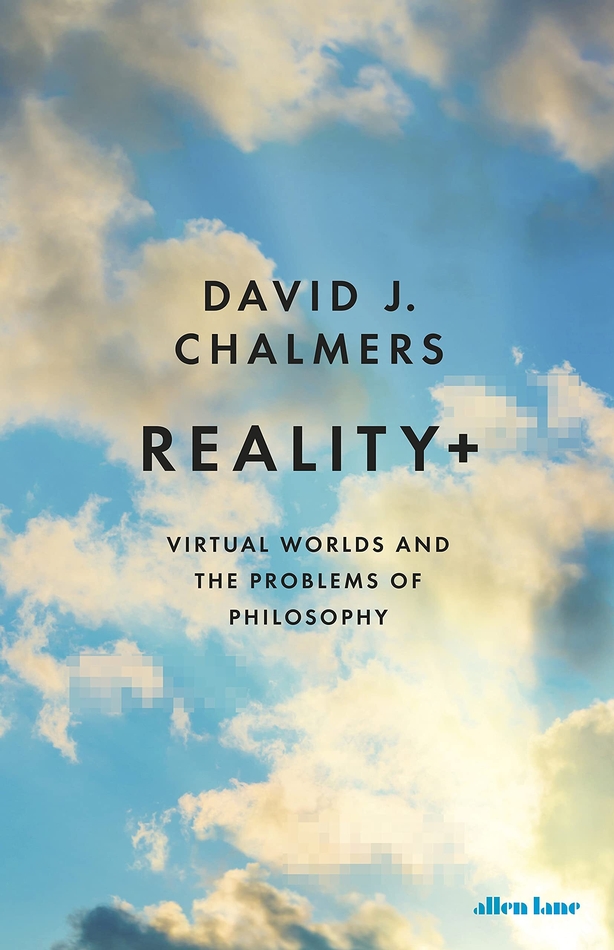Brendan O'Connor may have spoken to author and techno-philosopher, David Chalmers about the metaverse, that 2021 buzzword that's been touted by various Big Tech companies as the thing we’ll all be immersed in any day now.
Chalmers is Professor of Philosophy and Neural Science at New York University and he believes that virtual reality will become pervasive in society in the next 10 to 20 years. Indeed, he thinks there’s a chance we may already be living in a computer simulation. But before we get to the Matrix-level elements of the coming algorithm apocalypse, David told Brendan that virtual reality (VR) is going to become a big part of our world in the medium to long-term future:
"The technology is developing fast. Look at where it’s going to be in 10 years or 20 years, I wouldn’t be surprised if at some point before too long we end up with full scale simulations of physical reality."
While acknowledging that we’re not there yet, Chalmers predicts that virtual reality will eventually become so convincing that it will be indistinguishable from actual reality (assuming actual reality still exists). And when the tech makes it possible, David believes that a lot of people will choose to spend more time in the virtual world than the physical one:
"Already quite a lot of people spend a lot of time in virtual worlds, I mean the most obvious case is video games, with people spending time in Fortnite and Minecraft or World of Warcraft. Then there are also social virtual worlds that people spend time in for interaction, for relationships, even for employment."
Chalmers talks about Second Life, the online virtual world for PCs, which launched in 2003, was hugely popular for a short time and then became something of a niche pursuit for its players. But the sort of advances that David predicts are coming will allow people to immerse themselves in a much more believable world, one in which any perceived limitations in the physical world can be easily done away with:
"Inside virtual reality there’s going to be all kinds of, you know, new forms of embodiment, new forms of experience. So yeah, it wouldn’t surprise me at all if people end up living a very large chunk of their lives – some people at least, will choose to live a large chunk of their lives in virtual reality."
Brendan wonders if living in VR will seem to many to be something of an empty experience, as they might see it as having fewer consequences than the physical world. David agrees that this could be the case when it comes to VR experiences that are similar to today’s video games – used mainly for entertainment or escapism. But he thinks there will be other, more consequential virtual worlds:
"If you think of virtual worlds as social worlds where people can kind of make their own lives – a little on the model of, say, Second Life – then I think people enter these worlds, they have real relationships, they have real projects, they have real ambitions that they achieve. I mean, what is it that gives our lives in the physical world meaning? It’s our experiences, it’s our relationships with other people, with our family and friends and colleagues. It’s our projects and our achievements. I think all of these things you could have in principle in a virtual world."
And if you think that sounds bad, well, what about the notion that we might already be living in a virtual world? How would we even know if we were already in the Matrix? And if we are, is it our simulation or someone else’s? It’s enough, as Brendan remarks, to blow your mind. David Chalmers has, obviously, given it a lot of thought and, if he has been placed in a simulation, it's quite the long and winding one:
"I’m thinking about simulation as well. I just wrote a book on simulations and people are reading it. This is really suspicious, how the simulators just put me in a wrote-the-book on-simulations simulation, just to mess with me."
We can all consider ourselves messed with, I think.

Reality+: Virtual Worlds and the Problems of Philosophy by David J. Chalmers is published by Allen Lane.



